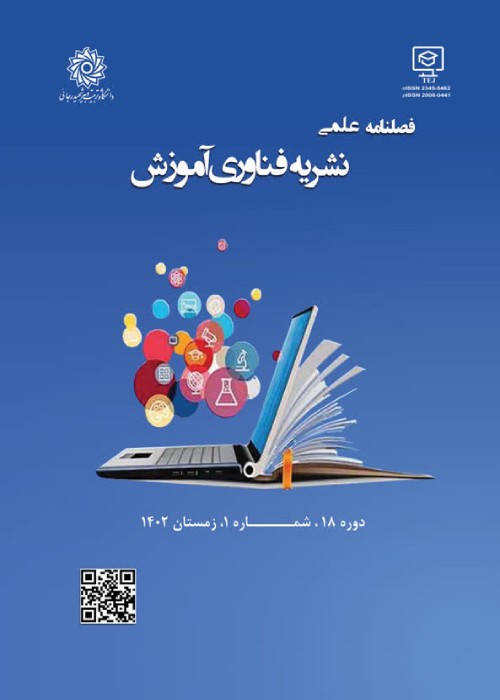The relationship of emotional intelligence and its components and anxiety symptoms among country olympiad students
Emotional intelligence is a set of social and emotional abilities that help a person solve everyday problems and interact with others. Although general IQ is relatively constant, emotional intelligence can be created and taught, and organizations and companies can test and teach emotional intelligence. Emotional intelligence refers to the ability to control the feelings and emotions of oneself and others, to distinguish these feelings and to direct personal behavior and thinking based on this information. Research on emotional intelligence has shown that emotional intelligence is an effective and determining factor in real life outcomes such as success in school and education, success in work and interpersonal relationships, and overall health function. Emotional intelligence is positively correlated with mental health and negatively correlated with mental disorders. In addition, various studies have shown impairment in emotion regulation and emotional intelligence in some disorders such as borderline personality disorder, schizotypal personality disorder, schizophrenia, depression and anxiety disorders. In fact, the relationship between emotional intelligence, which is measured by the Transcendental Traits Scale, with variables such as depression, anxiety, and general mental and physical health in adults has been confirmed. The present study determines the relationship between emotional intelligence and its components and anxiety symptoms among country Olympiad students in educational year 2004-2005.
Method and Materials:
The study used a descriptive- survey research design. The population included 380 Olympiad male students from middle schools in Iran in educational year 1393-94. 181 students were selected based on Morgan table. The instruments included: Scale (TMMS) which is an objective self-report questionnaire based on emotional intelligence model and made by Salovey et al to assess three components of emotional intelligence; and Beck Anxiety scale (BAI) with 21 items and made to assess anxiety level. The method of data analysis in this study was correlation coefficient, one - way variance analysis and regression.
The findings showed that there is a significant relationship between emotional intelligence and its components and anxiety symptoms among Olympiad Students. In addition there was no relationship between the component caring for the feelings and anxiety symptoms. The component feelings clarity also correlated significantly with anxiety symptoms. Finally, there was no significant correlation between the component feelings renewal and anxiety symptoms.
According to the results, there is a significant relationship between emotional intelligence and anxiety and this variable predicts anxiety negatively. This means that students with high emotional intelligence are far less likely to be anxious. In addition, the explanation in this regard is that emotional intelligence with two important domains of mood, namely positive emotion (feeling happy, eager and interested, etc.) and negative emotion (anxiety, feelings of hostility and dissatisfaction, and ...) is also relevant. People with negative moods tend to experience emotional stability due to the stability of such situations, which may make it difficult to truly understand what is being felt. While positive-tempered people are more likely to be optimistic about their abilities; therefore, they evaluate themselves positively in terms of emotional ability, and people who are able to recognize, control, and use these emotional abilities will enjoy greater social support and a sense of mental health satisfaction. The above findings, which are the result of the anxiety component related to emotional intelligence, have been observed in fewer studies, and in this regard, the present study can be the source of serious challenges in such research.
- حق عضویت دریافتی صرف حمایت از نشریات عضو و نگهداری، تکمیل و توسعه مگیران میشود.
- پرداخت حق اشتراک و دانلود مقالات اجازه بازنشر آن در سایر رسانههای چاپی و دیجیتال را به کاربر نمیدهد.


